Home>Home Appliances>Home Automation Appliances>Why Does Alexa Randomly Talk
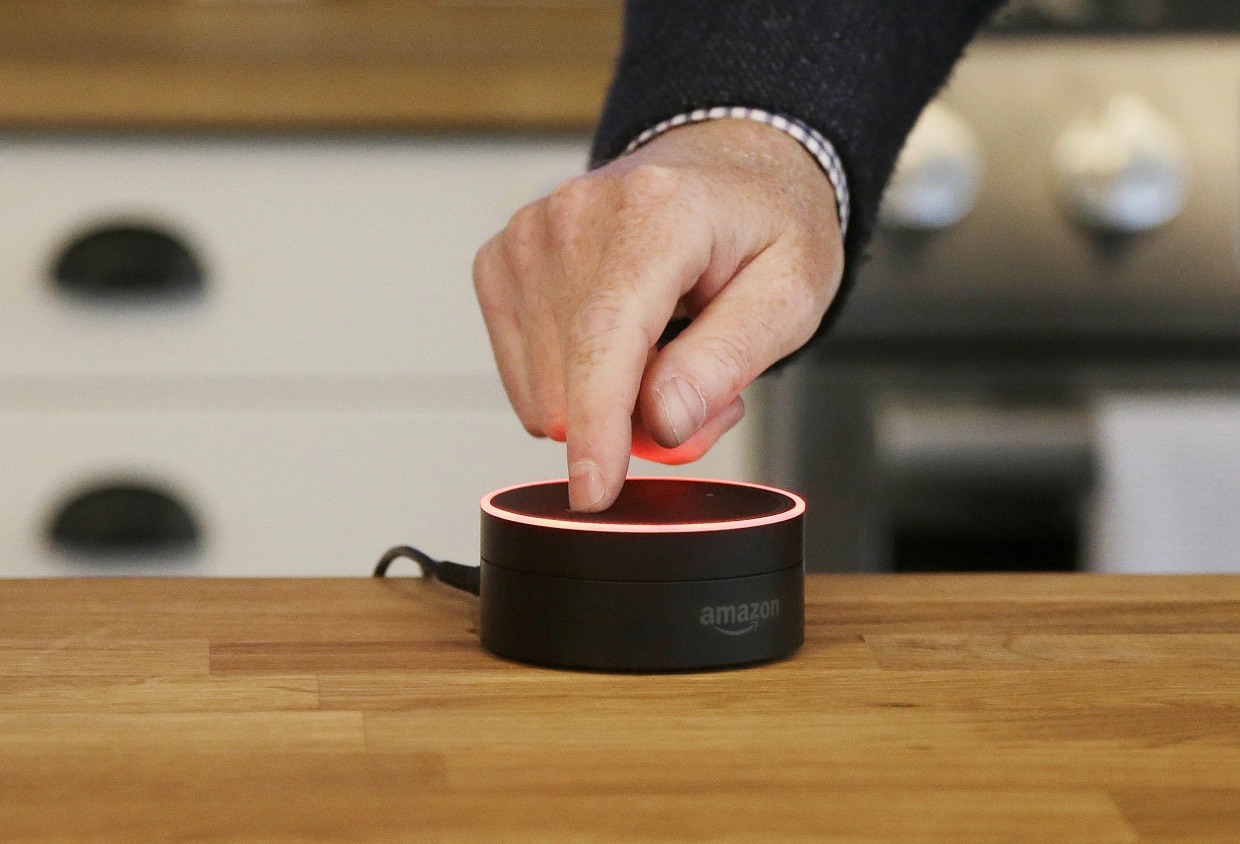

Home Automation Appliances
Why Does Alexa Randomly Talk
Modified: October 18, 2024
Discover why Alexa randomly talks and learn how to troubleshoot this issue with your home automation appliances. Explore solutions to prevent unexpected voice prompts.
(Many of the links in this article redirect to a specific reviewed product. Your purchase of these products through affiliate links helps to generate commission for Storables.com, at no extra cost. Learn more)
Introduction
Welcome to the age of smart homes, where technology seamlessly integrates with everyday life to make tasks easier and more convenient. One of the most popular and widely adopted smart home devices is the Amazon Echo, powered by the virtual assistant Alexa. This voice-controlled device has revolutionized the way we interact with our living spaces, allowing us to control lights, play music, set reminders, and even order groceries with simple voice commands. However, amidst the convenience and efficiency, some users have reported instances of Alexa randomly speaking without any prompt or apparent reason. This phenomenon has sparked curiosity and concern among users, prompting them to question why Alexa engages in these seemingly spontaneous conversations.
In this article, we will delve into the inner workings of Alexa, explore potential reasons behind its unexpected chatter, and address any associated privacy and security implications. By gaining a deeper understanding of this intriguing behavior, we can better appreciate the complexities of smart home technology and make informed decisions about integrating such devices into our lives.
Key Takeaways:
- Alexa’s random talking can be caused by false wake words, audio interference, software glitches, and contextual misinterpretation. Understanding these factors helps us navigate the quirks of smart home technology.
- Privacy and security concerns arise with Alexa’s unexpected chatter, highlighting the importance of data handling transparency, user control, and robust security measures. Balancing innovation with privacy is crucial in the world of smart home appliances.
Read more: Why Does My Google Home Randomly Talk?
How Does Alexa Work?
Alexa, the virtual assistant powering the Amazon Echo and other compatible devices, operates through a combination of advanced hardware and sophisticated software. The Echo device itself contains an array of microphones that are constantly listening for the wake word, “Alexa.” Once the wake word is detected, the device begins recording the user’s voice command and sends the audio data to Amazon’s cloud servers for processing.
At the heart of Alexa’s functionality is natural language processing (NLP) and automatic speech recognition (ASR) technology. These capabilities enable Alexa to understand and interpret user commands, converting spoken words into actionable tasks. The processed commands are then executed through various integrated services, such as controlling smart home devices, providing weather updates, setting reminders, and accessing a wide range of skills and functionalities.
A key component of Alexa’s appeal is its adaptability and continuous learning. Through machine learning algorithms, Alexa can improve its understanding of user preferences, speech patterns, and context over time, leading to more accurate and personalized interactions. This adaptability allows Alexa to evolve and become increasingly intuitive, enhancing the overall user experience.
Furthermore, Alexa’s open architecture and robust developer tools have led to the creation of a vast ecosystem of third-party skills and integrations. These skills expand Alexa’s capabilities, allowing users to perform tasks such as ordering food, requesting rides, playing games, and accessing information from a diverse range of sources.
Overall, Alexa’s seamless integration of hardware, cloud-based processing, NLP, ASR, and machine learning enables it to serve as a versatile and responsive virtual assistant, capable of understanding and executing a wide array of voice commands and tasks.
Possible Explanations for Random Talking
When Alexa unexpectedly speaks without a direct user prompt, it can be an intriguing and sometimes puzzling experience. Several factors could contribute to this seemingly spontaneous behavior, shedding light on potential explanations for Alexa’s random talking.
- False Wake Words: One common reason for Alexa’s unexpected chatter is the detection of false wake words. Background noise, conversations, or even sounds resembling the wake word “Alexa” can inadvertently trigger the device, leading to unintended interactions. This can occur in environments with high ambient noise levels or when similar-sounding words are spoken.
- Audio Interference: External audio sources, such as TV programs, music, or radio broadcasts, can sometimes contain phrases or sounds that mimic the wake word or trigger Alexa’s recognition algorithms. As a result, the device might misinterpret these external stimuli as user commands, prompting unexpected responses.
- Software Glitches: Like any complex software system, Alexa’s underlying algorithms and processing mechanisms can encounter occasional glitches or errors. These software anomalies may cause the device to interpret non-verbal sounds or environmental cues as voice commands, leading to seemingly random interactions.
- Contextual Misinterpretation: Alexa’s ability to understand context and respond to conversational cues can occasionally lead to unintended activations. In some cases, the device may misinterpret background conversations or ambient noises as user queries, initiating unexpected verbal responses.
- Unintentional Activation: User behaviors, such as inadvertently triggering the device while speaking to others, handling similar-sounding objects, or engaging in activities that mimic the wake word, can unintentionally prompt Alexa to respond without the user’s explicit intention.
It’s important to note that while these explanations offer insights into the potential causes of Alexa’s random talking, the exact reasons for such occurrences may vary based on individual user environments, device settings, and usage patterns.
As smart home technology continues to evolve, ongoing advancements in hardware and software are aimed at minimizing unintended activations and enhancing the overall accuracy and responsiveness of virtual assistants like Alexa.
Check if there are any scheduled reminders or alarms set on your Alexa device, as these can cause it to randomly speak. You can review and manage these in the Alexa app or on the Alexa website.
Privacy and Security Concerns
As voice-controlled virtual assistants like Alexa become integrated into our daily lives, it’s essential to consider the associated privacy and security implications, especially in the context of unexpected or seemingly random interactions. The following points address some of the key concerns related to privacy and security when using Alexa and similar devices:
- Unintended Audio Capture: Instances of Alexa’s random talking raise concerns about potential unintended audio capture. Users may worry about the device recording and transmitting private conversations or sensitive information without explicit consent. While Amazon has implemented measures to process and store voice recordings securely, the possibility of inadvertent data capture remains a valid privacy consideration.
- Data Security and Storage: The storage and security of voice data collected by Alexa are critical aspects of privacy and security. Users are rightfully concerned about the protection of their voice recordings and the potential risks associated with unauthorized access or data breaches. Amazon’s commitment to data encryption and stringent security protocols is paramount in addressing these concerns.
- Algorithmic Accuracy and Privacy: Alexa’s continuous learning and adaptive algorithms raise questions about the accuracy and privacy of user-specific data processing. Users may express apprehension about the device’s ability to accurately interpret and retain personal information, leading to potential privacy implications if misinterpretations or data inaccuracies occur.
- Unauthorized Access and Control: The possibility of unauthorized access to Alexa-enabled devices, whether through software vulnerabilities or external breaches, is a valid security concern. Ensuring robust authentication protocols, regular software updates, and secure network configurations is essential in mitigating the risk of unauthorized access and potential misuse of device controls.
- Transparent Data Handling and User Control: Transparency in data handling practices and empowering users with granular control over their voice recordings and device interactions are pivotal in addressing privacy concerns. Providing clear and accessible mechanisms for users to manage their data, review voice recordings, and adjust privacy settings fosters trust and accountability in the use of voice-controlled devices.
By acknowledging and actively addressing these privacy and security considerations, Amazon and other smart home technology providers can foster greater confidence and trust among users, ensuring that the benefits of voice-controlled virtual assistants are balanced with robust privacy protections and stringent security measures.
Conclusion
The enigmatic phenomenon of Alexa’s random talking has sparked curiosity and raised pertinent questions about the inner workings, privacy implications, and user experience of voice-controlled virtual assistants. As technology continues to permeate our living spaces, it’s crucial to understand the complexities and considerations associated with integrating smart home devices into our daily routines.
Through an exploration of Alexa’s functionality, potential explanations for random talking, and the privacy and security concerns surrounding virtual assistants, we’ve gained valuable insights into the multifaceted nature of this innovative technology.
Amidst the convenience and capabilities of voice-controlled virtual assistants, it’s essential for users and technology providers alike to prioritize privacy, data security, and transparent user controls. By fostering an environment of trust, accountability, and continuous improvement, we can harness the potential of smart home technology while safeguarding user privacy and security.
As we navigate the evolving landscape of smart homes and connected devices, ongoing advancements in hardware, software, and privacy protocols are poised to enhance the reliability, accuracy, and privacy-conscious design of virtual assistants like Alexa. By embracing these advancements and engaging in informed discussions about the implications of smart home technology, we can shape a future where seamless integration, privacy protection, and user empowerment converge harmoniously.
Ultimately, the enigma of Alexa’s random talking serves as a catalyst for deeper conversations about the intersection of technology and everyday life, inspiring us to seek a balance between innovation, privacy, and user-centric design in the realm of smart home appliances and virtual assistants.
Frequently Asked Questions about Why Does Alexa Randomly Talk
Was this page helpful?
At Storables.com, we guarantee accurate and reliable information. Our content, validated by Expert Board Contributors, is crafted following stringent Editorial Policies. We're committed to providing you with well-researched, expert-backed insights for all your informational needs.
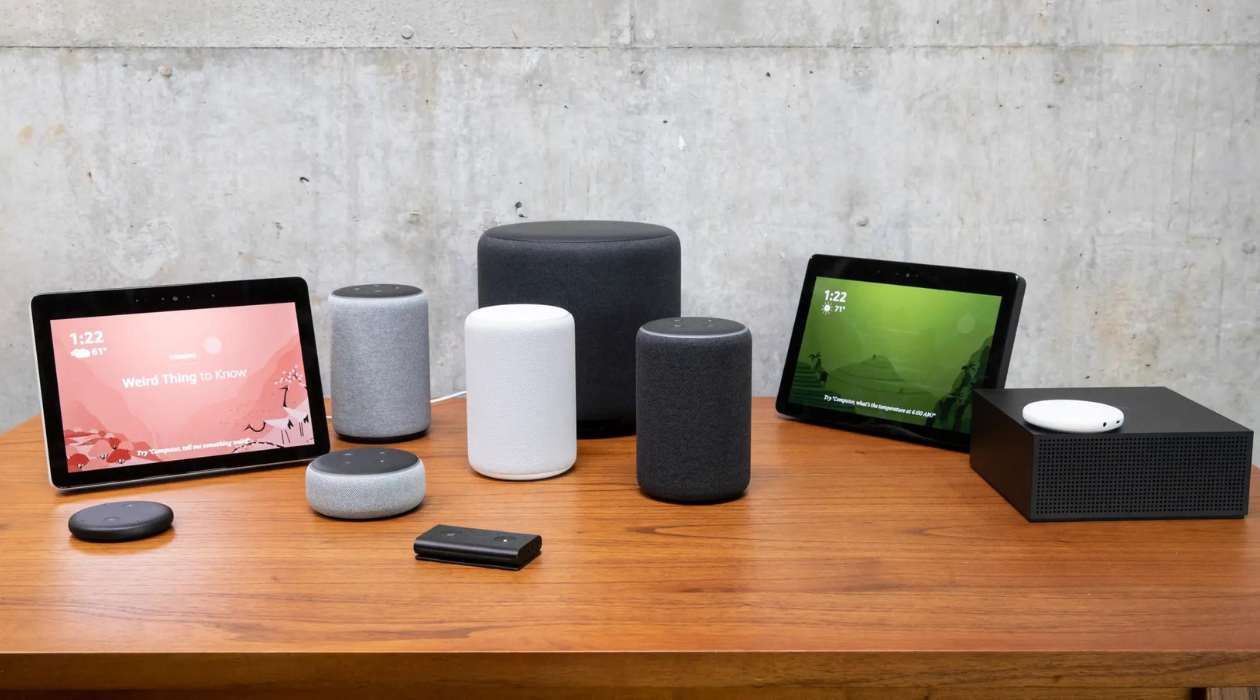
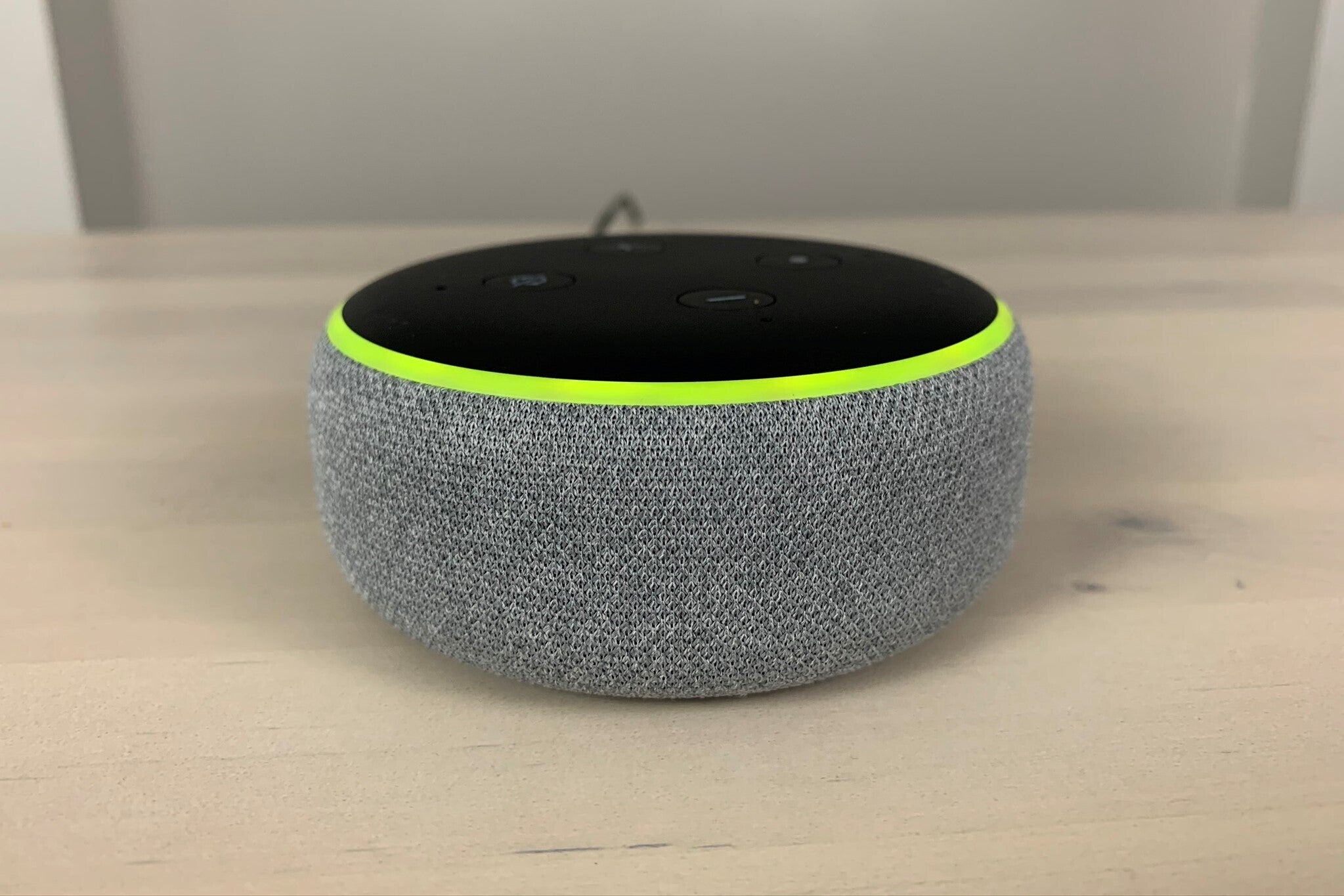
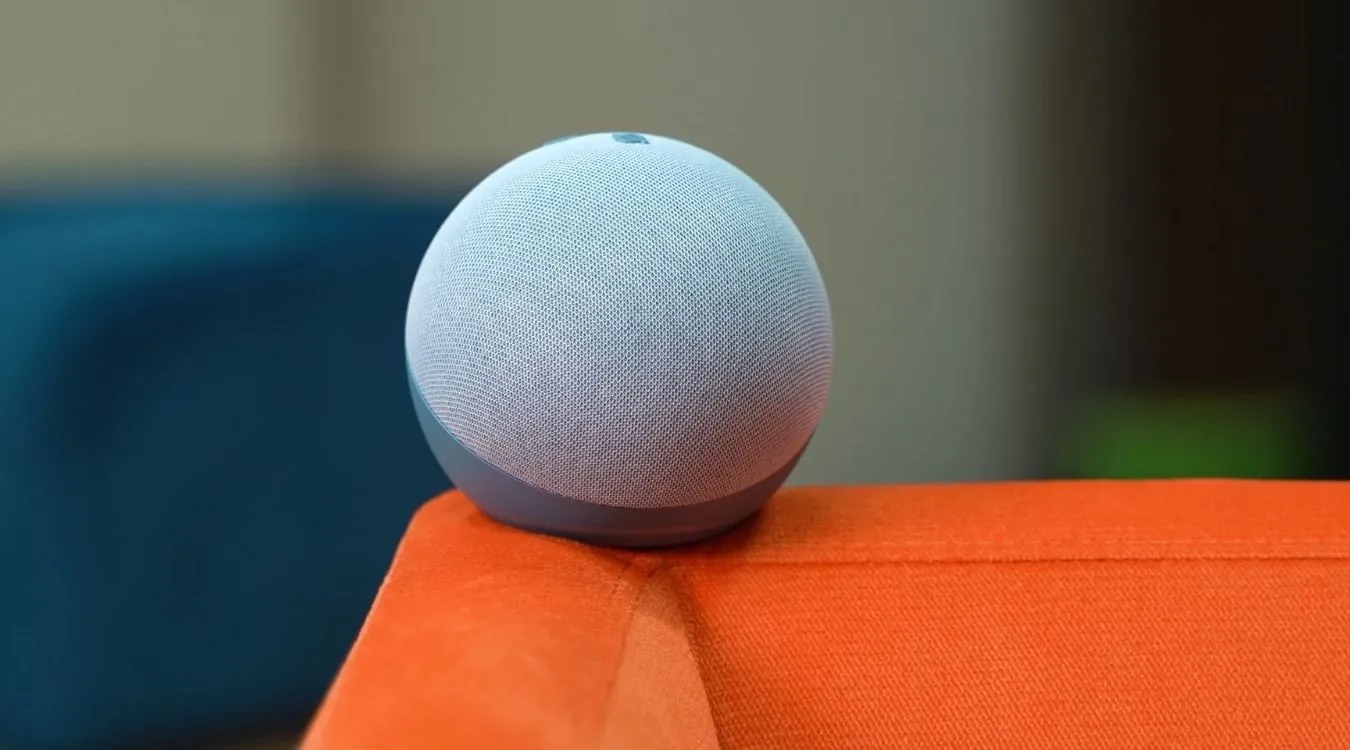
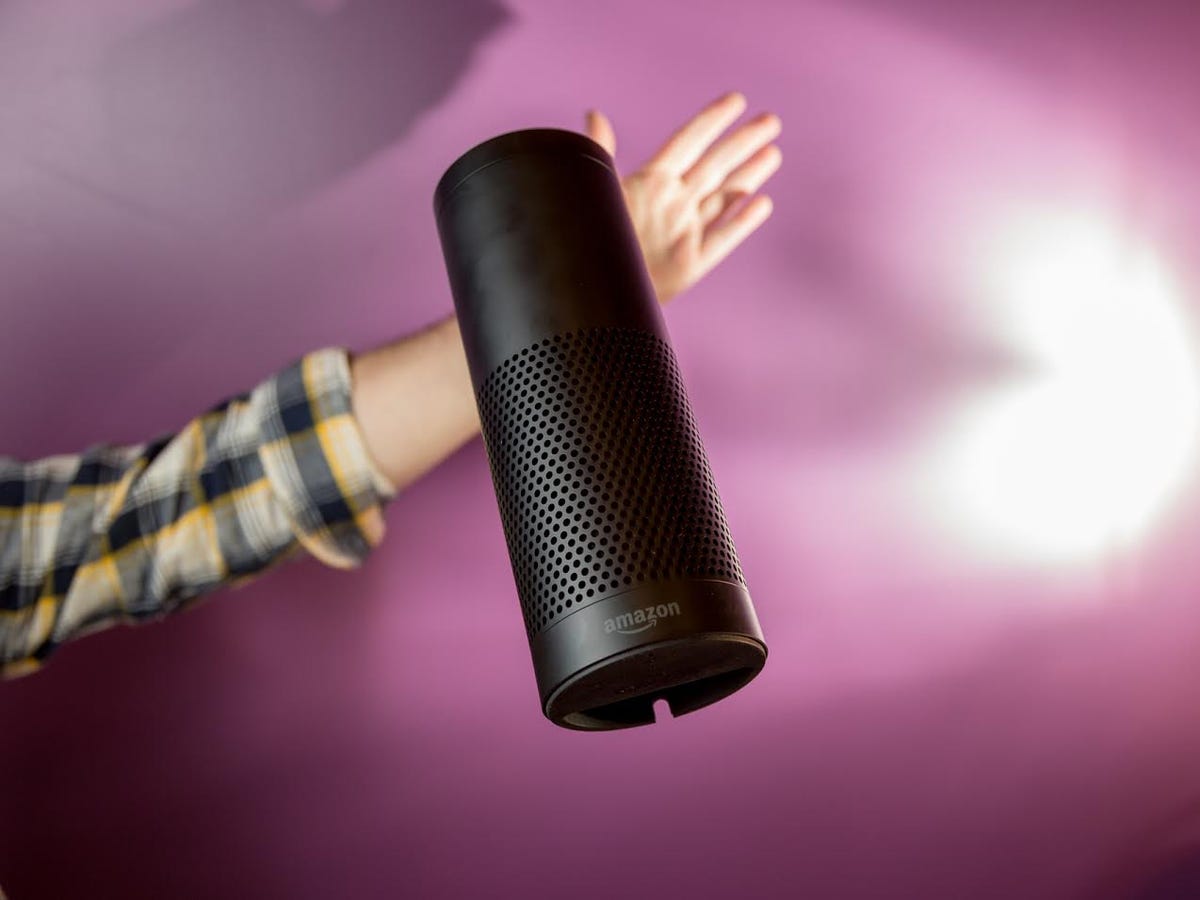

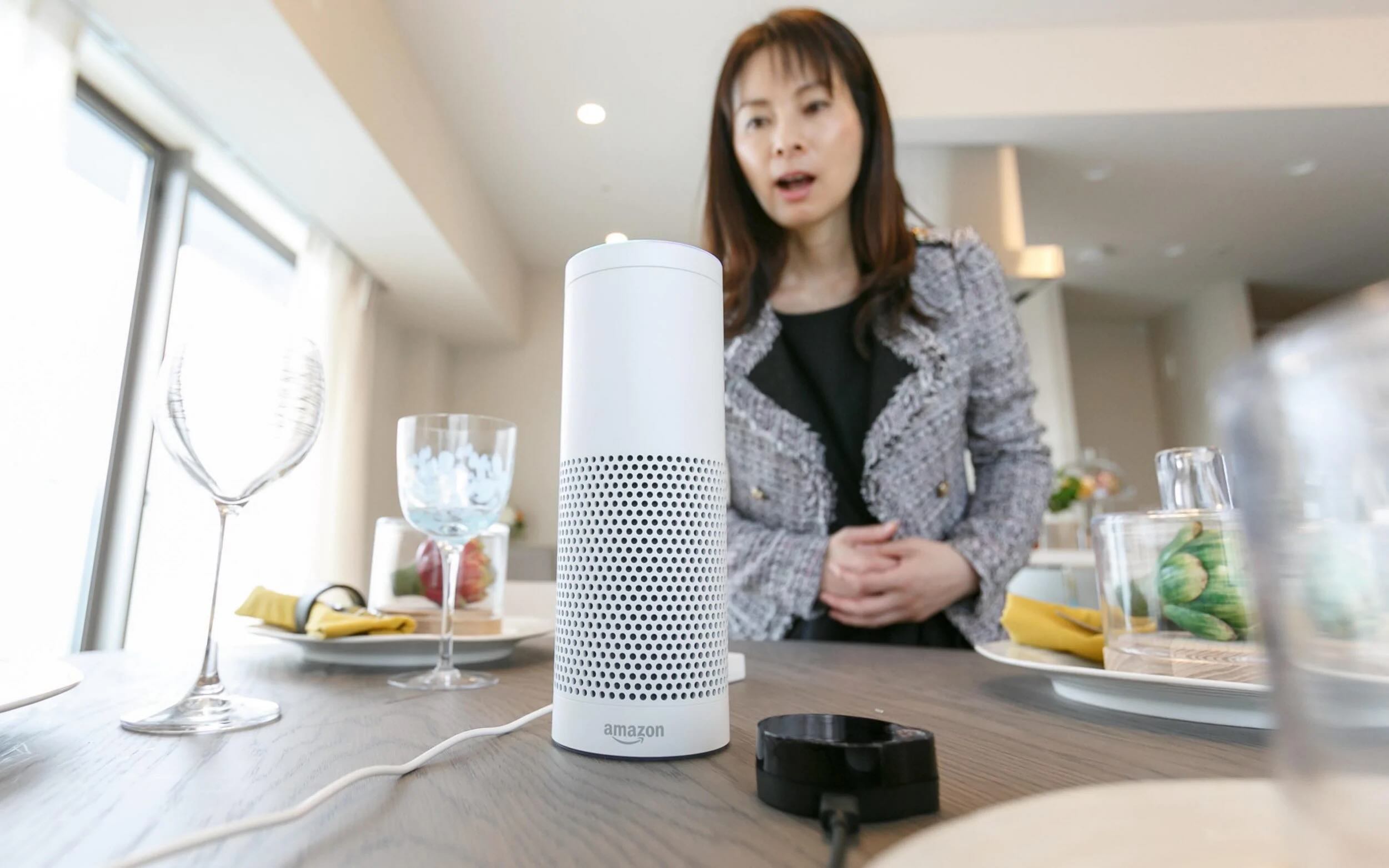
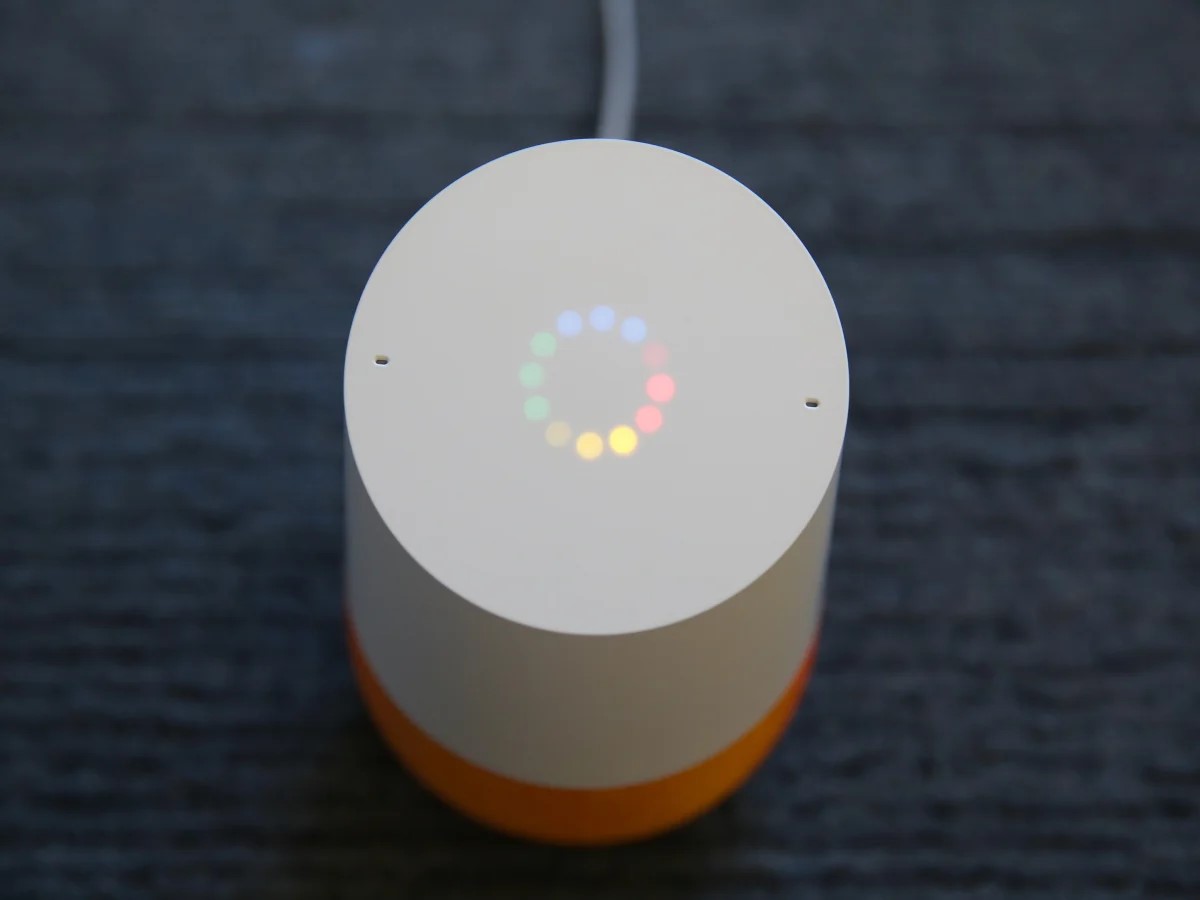
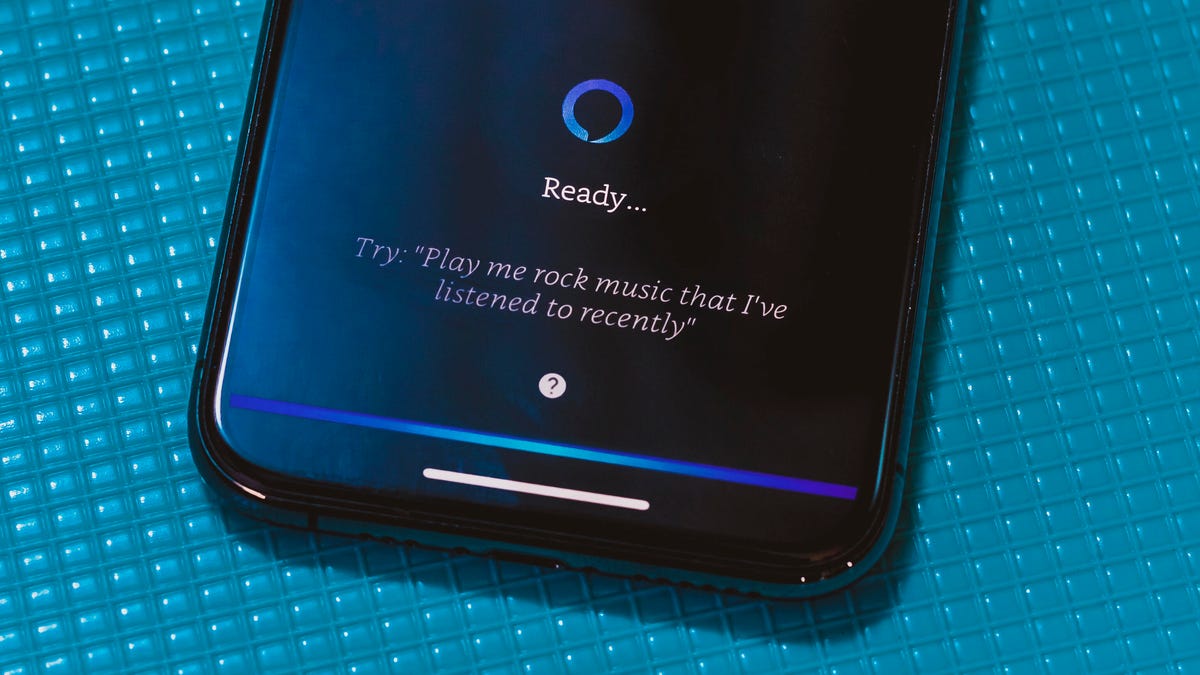
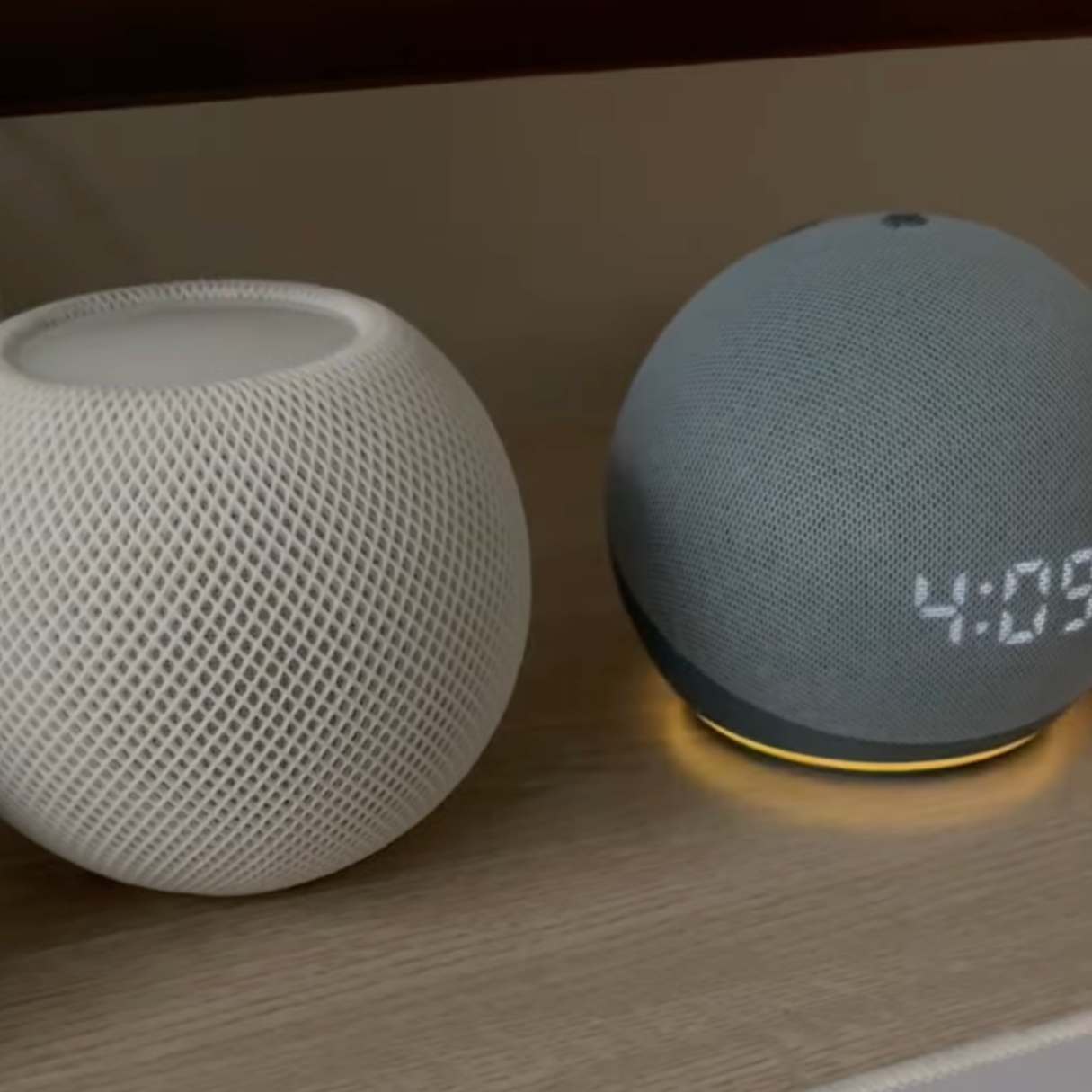
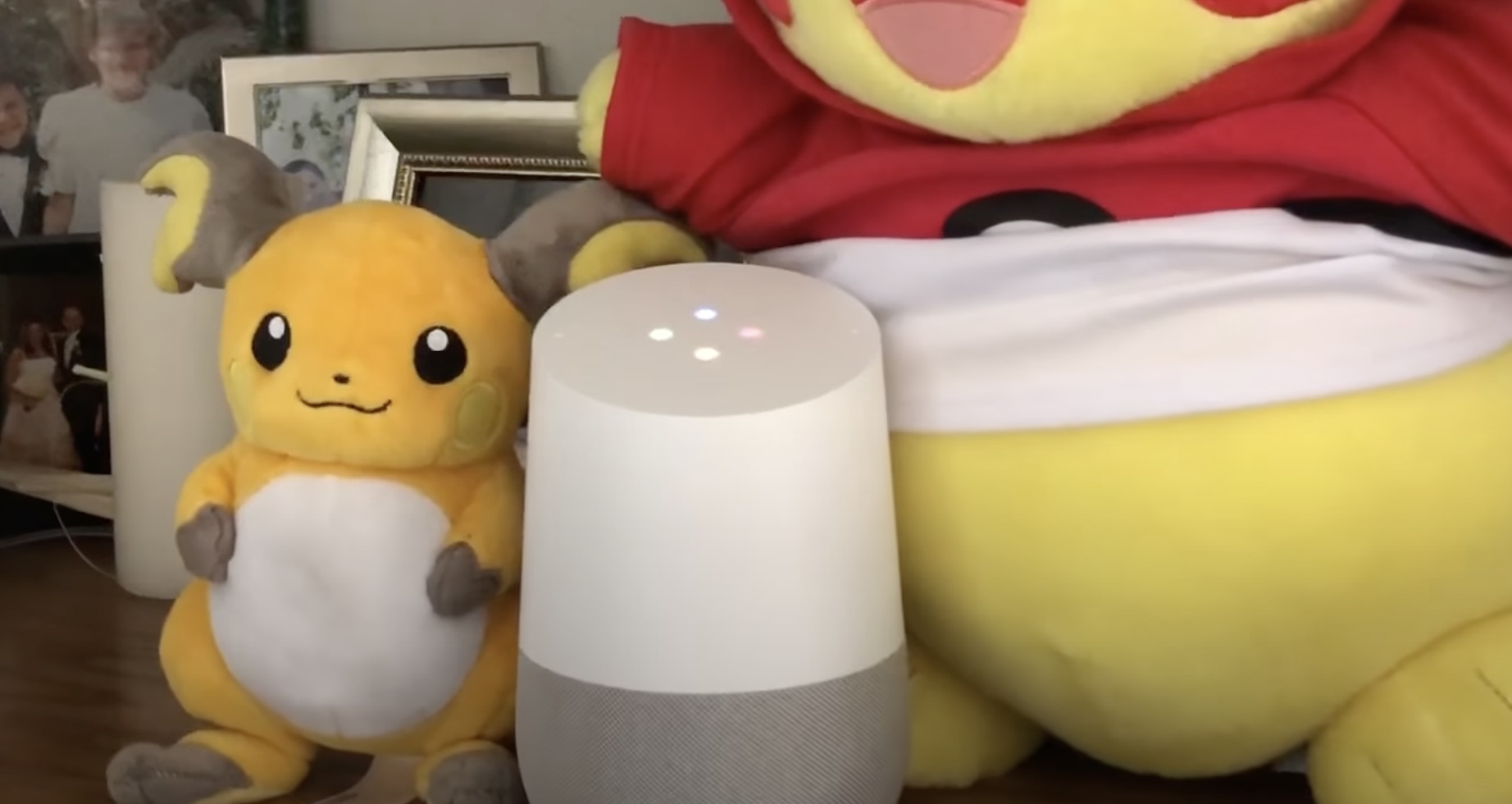
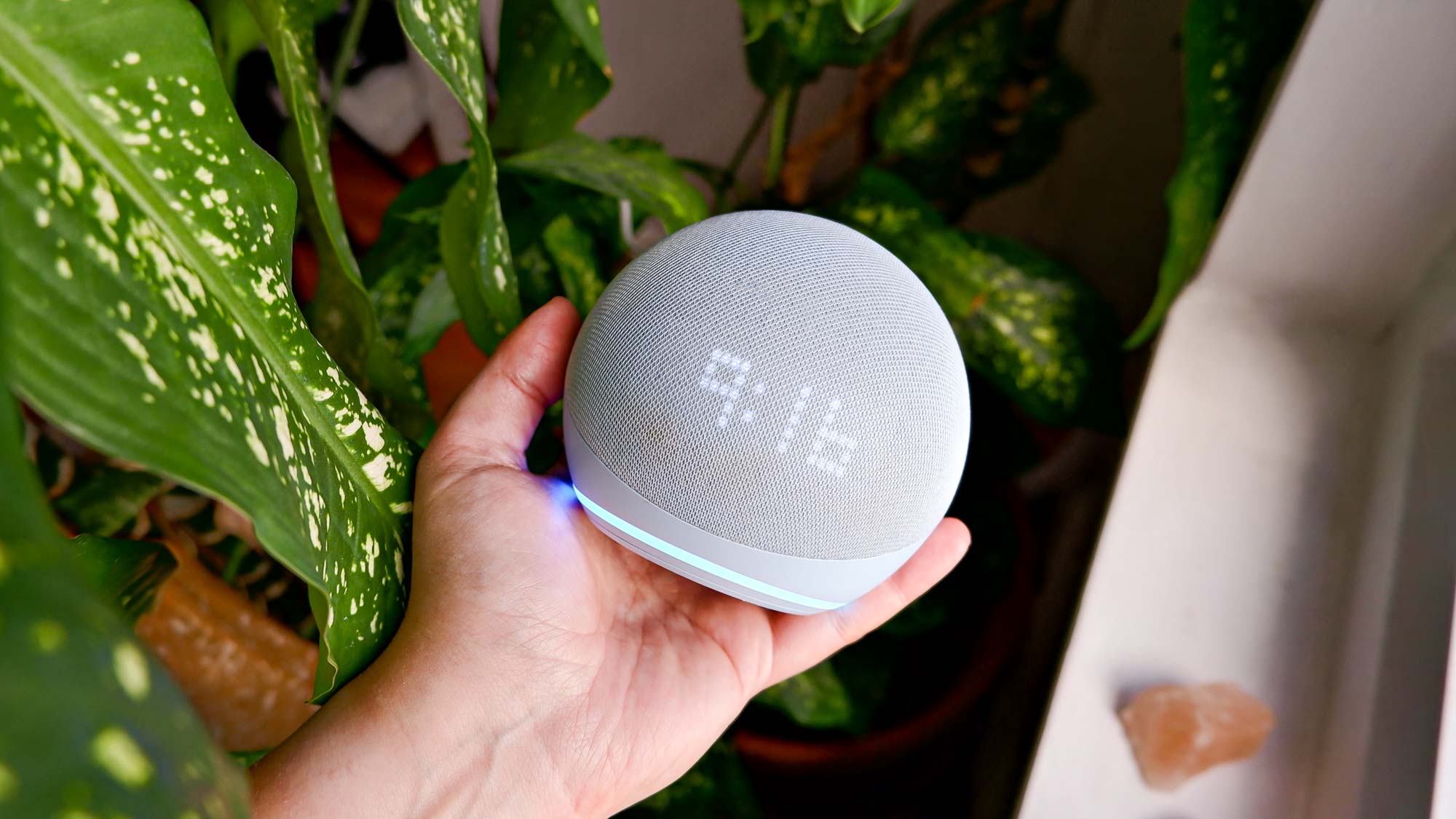
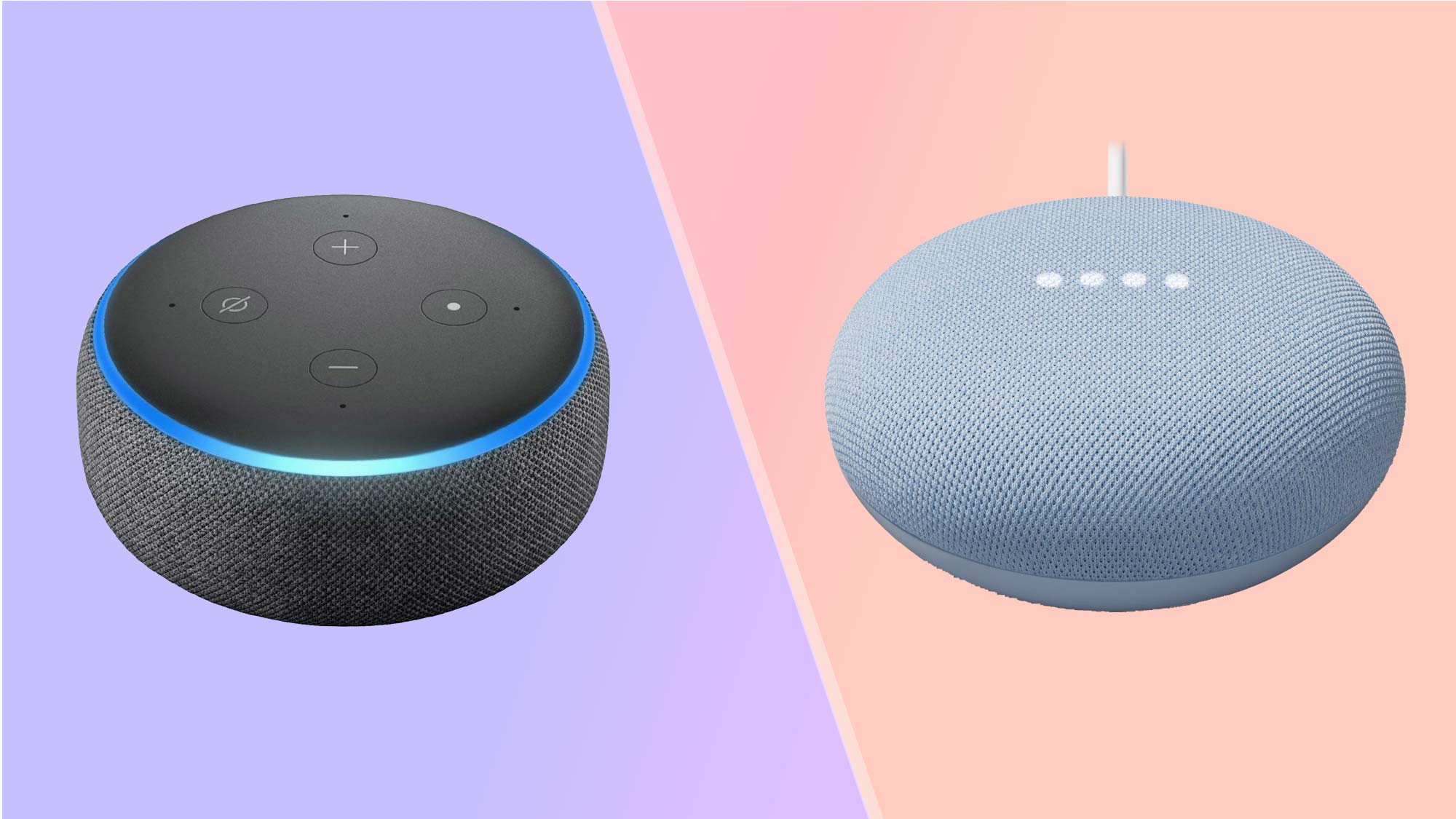

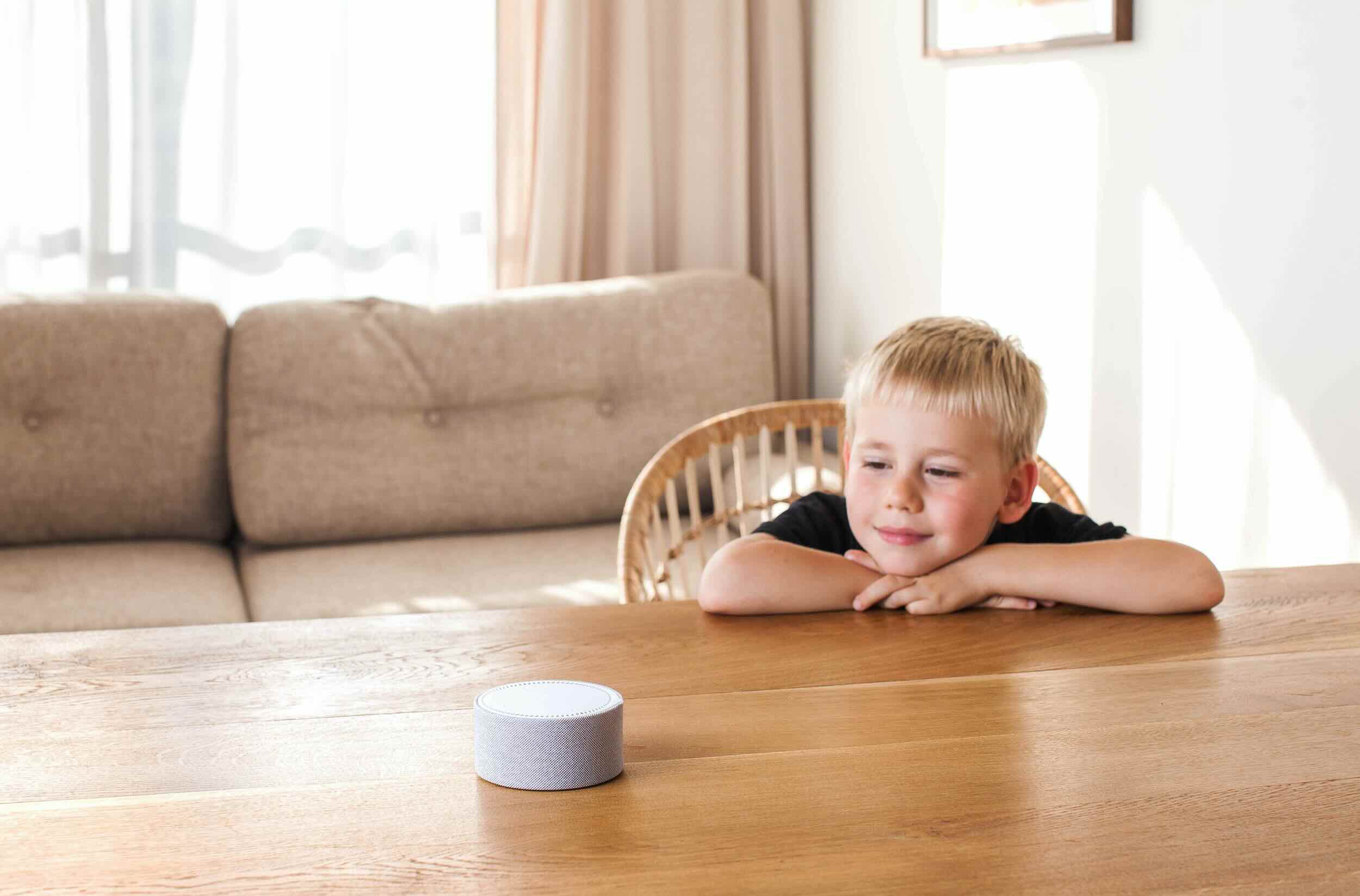
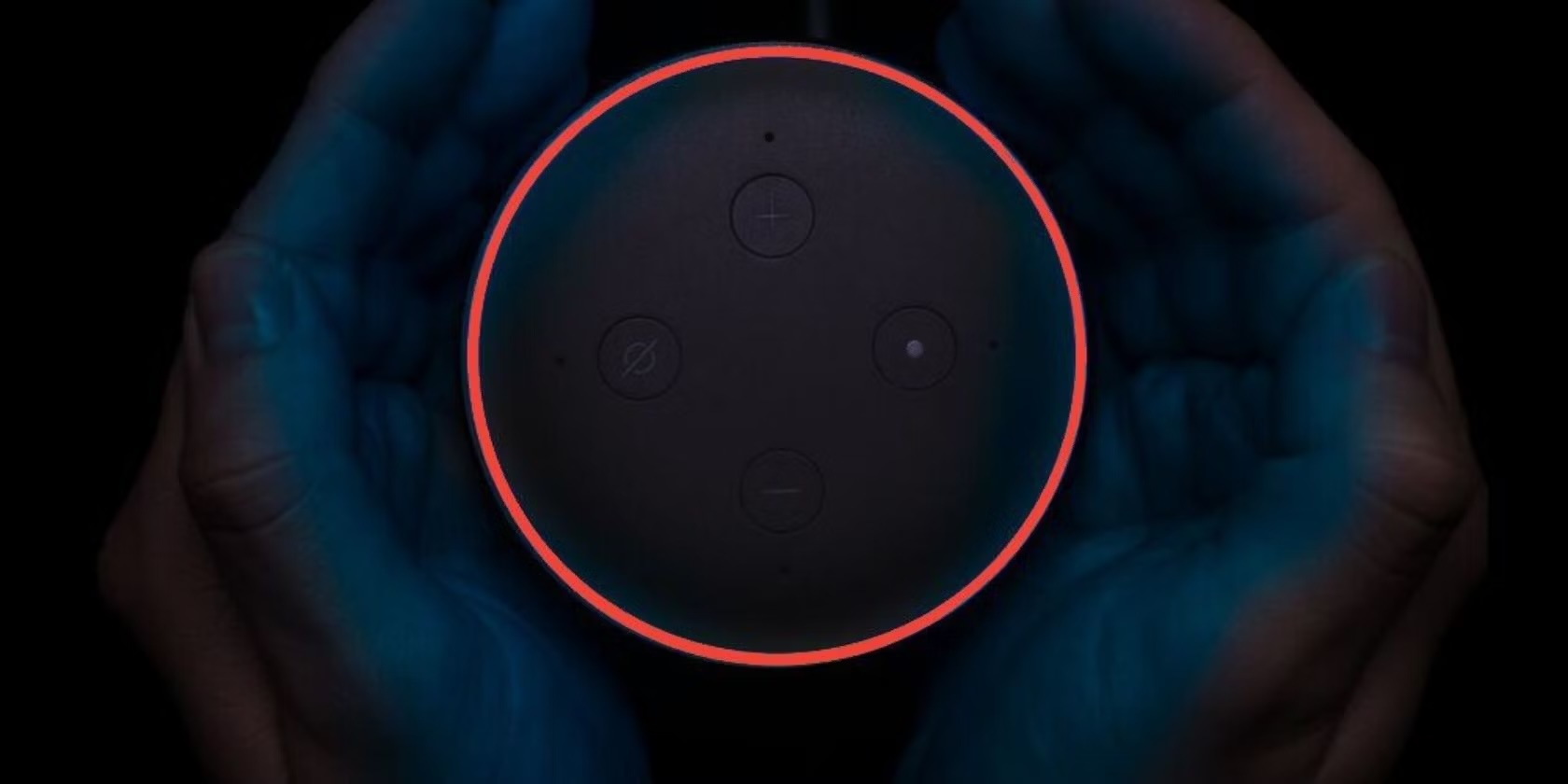

0 thoughts on “Why Does Alexa Randomly Talk”